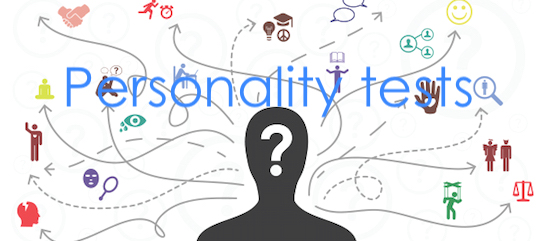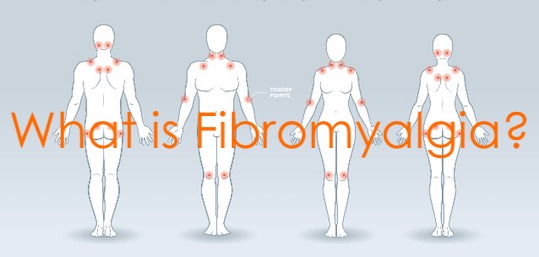Todays post is about personality tests and psychological assessments.
A growing trend, especially in business, is to use personality tests to profile potential employees. I thought I would do a bit of research about these tests and share what I found.
What are they?
Taught in psychology, education and business courses, personality tests or psychological assessments are primarily used by psychologists and counsellors. They are verbal or written tests designed to evaluate a person’s behaviour. These tests can help the assessor to understand why one person is good at something, while the other is good at another.
These tests are not a new thing
Historical evidence of testing has been found in China from the year 2200 BC. Documents recorded an elaborate system of competitive examinations were used for selecting government personnel. Some of the tests used were designed to assess the personal characteristics of applicants.
Many hundreds of years later, Robert Woodworth developed the first personality questionnaire during World War I. It was used to obtain personality information as a means of detecting psychiatric problems for the U.S. Army.
Although personality tests have been around for a long time, their use dramatically increased after 1988, when federal law banned the use of polygraphs by employers. Since then, numerous different questionnaires, tests and personality inventories have been developed.
Types of tests
There are two basic types of personality tests: self-report inventories and projective tests.
Self-report inventories involve having the participants read questions and then rate how well the question or statement applies to them. Two of the most common self-report inventories are the MBTI (Myers-Briggs Type Indicator) and the MMPI (Minnesota Multiphasic Personality Inventory).
Projective tests involve presenting the participant with a vague scene, object, or scenario and then asking them to give their interpretation of the test item. One well-known example of a projective test is the Rorschach Inkblot Test.
Main uses
Personality tests are tools designed to measure one’s personality. They can be used for a number of different purposes, from diagnosing psychological problems to screening applicants for employment and job training.
These tests may also be used for school psychology, career and occupational counselling, relationship counselling, clinical psychology, and employment testing.
They are a tool that people can use to better understand themselves and those they interact with. They can then use this knowledge to reduce conflict and improve working relationships.
Are they accurate?
As with everything, statistics can be translated either “for” or “against”. Over the years many major personality tests have faced challenges to its reliability and validity.
However, one in five companies uses some means of testing to screen job candidates, to hire the right type of person and to eliminate unfavourable types.
Personality testing today is a roughly $500 million industry, with an annual growth rate estimated at 10% to 15%. Millions of workers take assessments each year as part of personnel selection, to improve collaboration and teamwork, and to identify satisfying career paths.
On a personal note, I have undertaken a couple of these tests as part of research with a prior employer. The results were very interesting and surprisingly accurate. Scott has also recently undertaken a MBTI test and found the result to be “true to form”.
If you are interested in exploring your personality type, you could consider trying a personality test.
We hope you found this interesting,
Till the next post,
Live clean n Prosper
Sources – Oxford Handbooks – Leverage Edu – Very Well Mind – Lumen Learning – Psychology Junkie –


